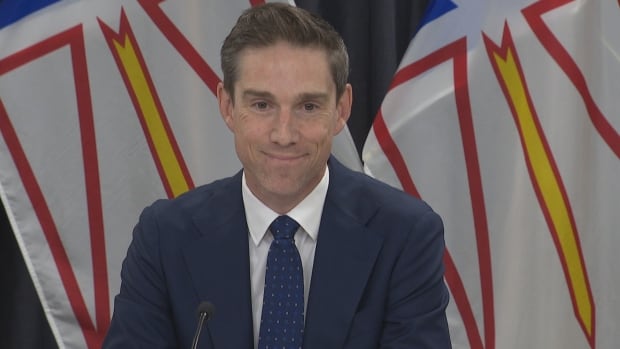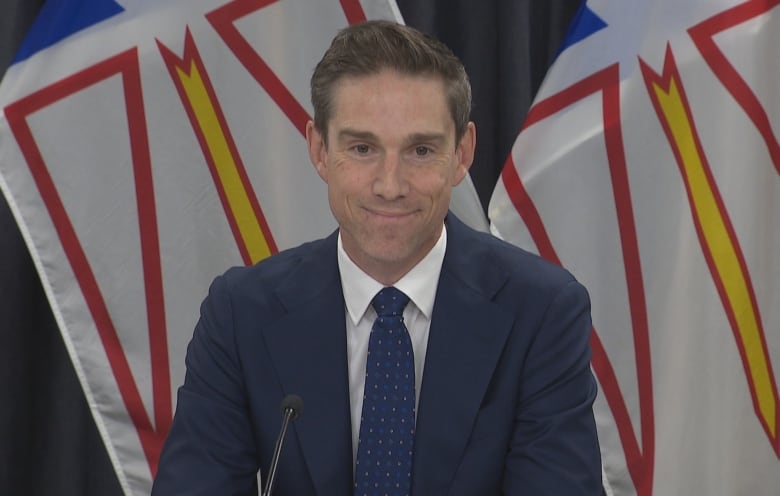

Newfoundland and Labrador’s health minister insists the province is not holding jobs for internationally recruited nurses, despite what the nurses’ union president alleges.
Health Minister John Hogan told reporters Thursday the province is committed to hiring nurses trained in Newfoundland and Labrador, even though the Registered Nurses’ Union accused the government earlier this week of taking permanent jobs away from local graduates.
Union president Yvette Coffey told CBC News most permanent positions are being held for internationally educated nurses who aren’t actually in the province.
“They should not be holding positions when we have people here ready, willing and able,” Coffey said.
But Hogan said that’s not the case. The province, he said, has made hiring within the province a priority.
“We are doing everything we can to hire Newfoundlanders and Labradorians that work in the nursing workforce,” Hogan said.
Job offers don’t mean work
Hogan said job offers are just offers. The number of vacancies doesn’t decrease until newly hired nurses — local or international — start working.
“Putting out 600 job offers today doesn’t mean we’re going to have zero vacancy rates. We’re still going to have 600 vacancy rates,” Hogan said.
Newfoundland and Labrador Health Services, the province’s health authority, employs almost 6,000 registered nurses, with an annual turnover of 292 RNs.
There are currently 603 nursing vacancies in Newfoundland and Labrador.
For Hogan, the number shows good progress in its recruitment efforts. He said 839 nurses have been recruited since April 1, 2023.
Of the 839 nurses, 290 are licensed practical nurses, 18 are nurse practitioners, and 531 are registered nurses.
Most are working in N.L. Health Services’ Eastern-Urban region.
Through investments in the province’s nursing schools, Hogan expects the health-care system will feel the benefit of graduating classes over the next couple of years.
“We are now in a position where there are more nurses entering the system than leaving,” Hogan said.
“This is the ultimate metric. If we have more entering than leaving, that means we are decreasing the vacancy rate over time.”
Still large vacancies, union says
Coffey, speaking with reporters after Hogan’s briefing, said retention is still a problem and the province needs to address why nurses are leaving the system.

“At the end of the day, we still have over 600 nurse vacancies in this province. That means that we didn’t gain very much,” Coffey said.
“When we talk about recruitment, we also have to talk about retention.”
PC health critic Barry Petten said the health-care crisis isn’t solved.
“Ultimately we still got a lot of vacancies, ultimately emergency rooms are still bursting at the seams, ultimately we have 100,000-plus [residents] without a family doctor,” Petten said.
“I don’t see anything here that’s going to lead us to a solution. I don’t see us any further ahead.”
Download our free CBC News app to sign up for push alerts for CBC Newfoundland and Labrador. Click here to visit our landing page.